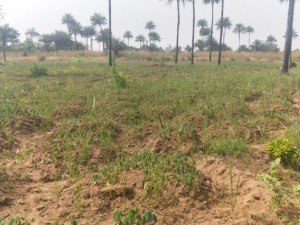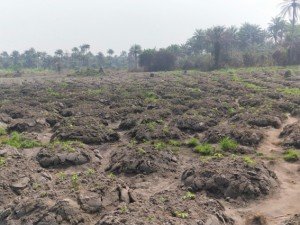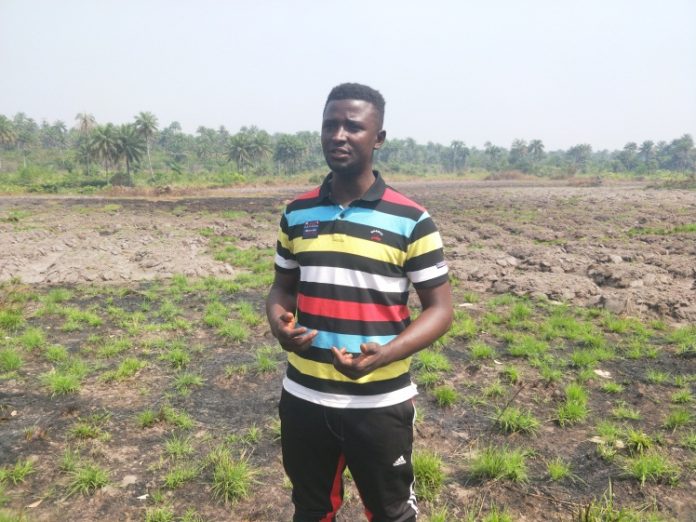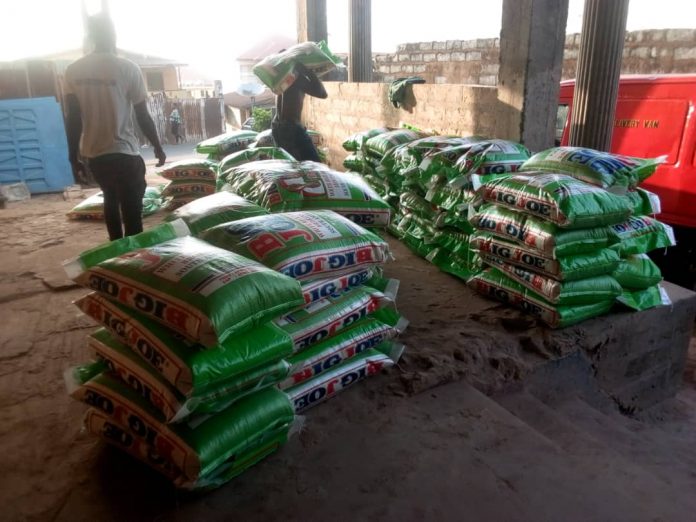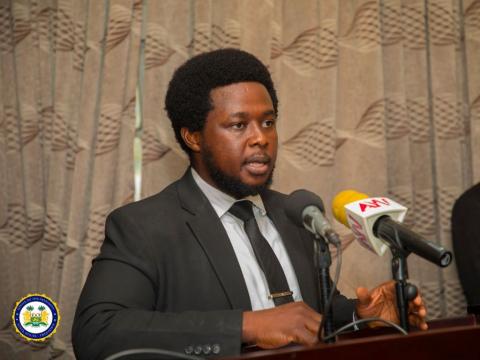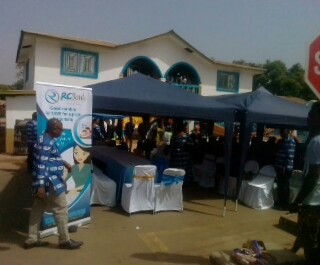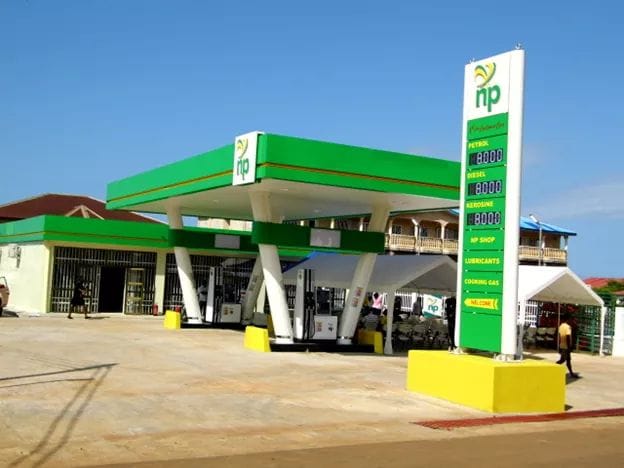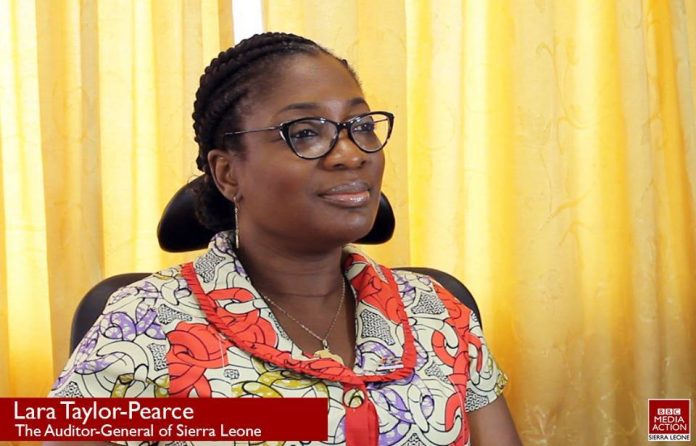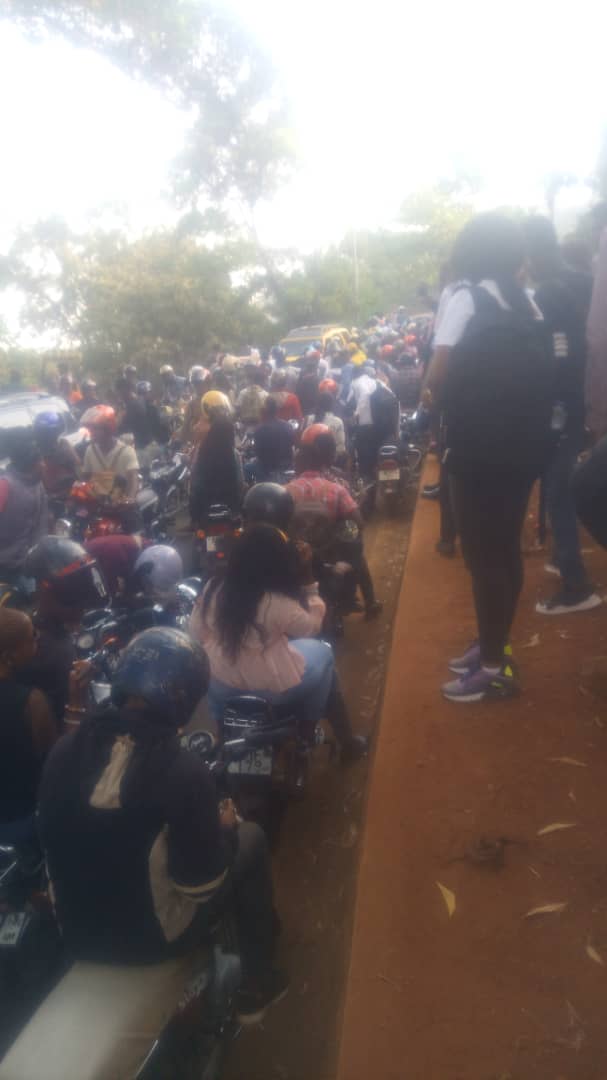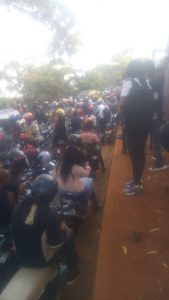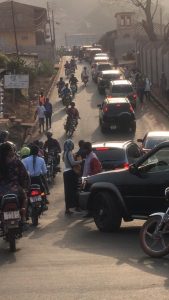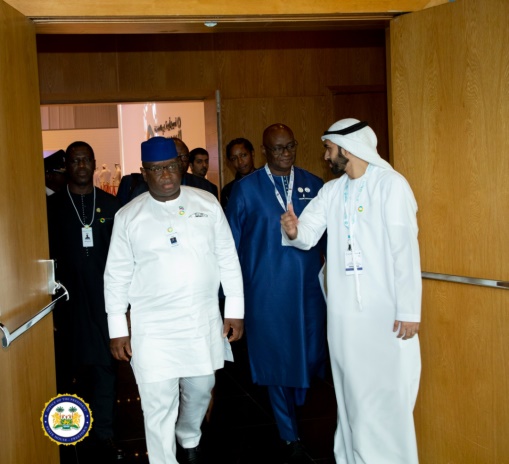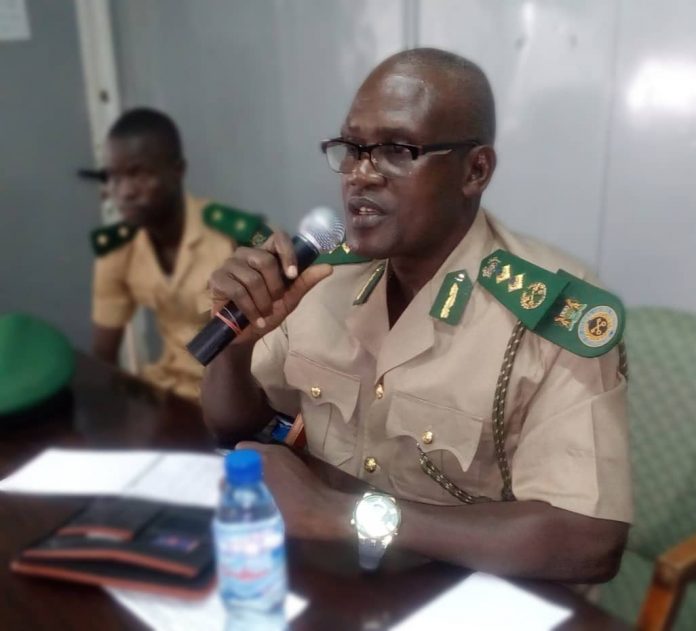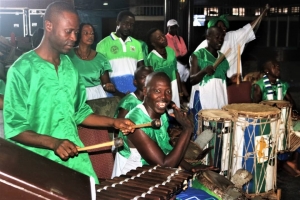By Foday Moriba Conteh
To support Government’s efforts to make Sierra Leone attain food sufficiency, Youth in Agriculture and Environmental Protection (YAEP) on Sunday 12 January, 2020 unveiled its biggest cassava farm in Koya Chiefdom, an event that took place during a working visit to the farm at Koya Chiefdom, North Western Province, Port Loko District.
Speaking to this medium, the Chief Executive Officer of Youth in Agriculture and Environmental Protection, Lamrana Alieu Jalloh, disclosed that the farm is predominantly a cassava farm located in the Koya Chiefdom, North Western Province, Port Loko District.
He said that if the country wants to achieve food sufficiency, the Government must put more priority on agriculture which he averred is very key, adding that agriculture could serve as the backbone of the nation’s development.
He called on Sierra Leoneans to engage in mechanized faming arguing that such will help in making Sierra Leone food sufficient and reduce unemployment further noting that all over the world where food sufficiency has been attained it is as a result of Government’s interventions, adding that if all the expenses in the production of agricultural food products are factored then the total costs will be very high and so in that regard he called on the Government to support the said project as he has been the major sponsor.
He applauded the various communities that have been helping him with manpower to make the said project a success.
Headman of Masibara Village in the Koya Chiefdom, Morlai Kamara, extended appreciation to the Chief Executive Officer Youth in Agriculture and Environmental Protection, Lamrana Alieu Jalloh, for the great initiative which he said has contributed to the development of not only the lives of the residents but Koya Chiefdom as a whole.
He said the project has improved the livelihoods of the people of Koya Chiefdom as through the project most residents are now able to put food on their tables, buy school materials for their children etc.
He called on other Sierra Leoneans to follow the footprints of Lamrana Alieu Jalloh in investing in agriculture which, he said, is pivotal in enhancing food sufficiency in the country.
One Mohamed Tarawallay, a youth of Koya Chiefdom also expressed appreciation to the Youth in Agriculture and Environmental Protection for bringing such a project to their chiefdom which, he said, has enabled them as youths to empower themselves by deriving wages paid by the organization.
He called on the Government of Sierra Leone to support such an initiative as that will enable young people to see agriculture as very important saying it will motivate them to invest in it and in return will help the country to achieve food sufficiency.
